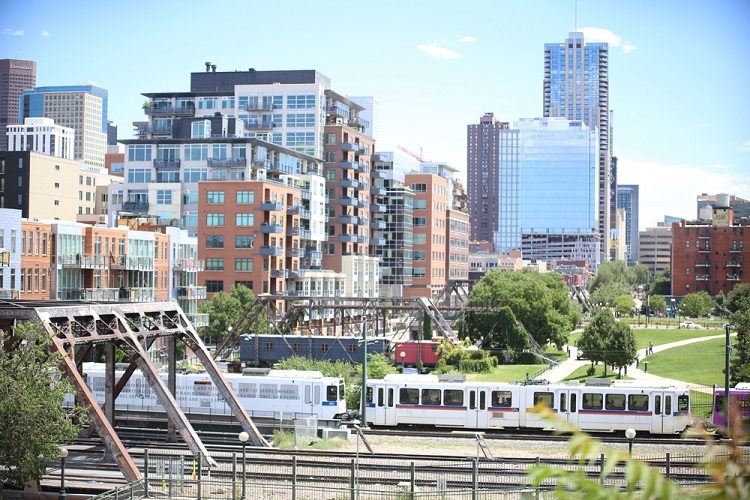The unacceptable state of RTD
As RTD gets reimagined, maybe someone else should take the lead
Jeff Rundles //March 8, 2020//


The unacceptable state of RTD
As RTD gets reimagined, maybe someone else should take the lead
Jeff Rundles //March 8, 2020//

Being in the mass-transit business is tough, I understand. There are a lot of moving parts, a revenue stream of taxes and fluctuating fare boxes, a ton of different constituencies with an array of concerns/demands, and just everyday things like weather and maintenance that are unpredictable, at best. So, yes, a certain amount of slack should be given to transit managers – but only so much.
I have never been a big fan of the Regional Transportation District (RTD), the chief transit authority for the greater Denver metro area, because, well, its communications skills over the years have been suspect and it has always seemed as if its troubles are the fault of someone else or some circumstance RTD has no control over. In other words, those in RTD management are all transit geniuses and the rest of us – RTD union employees, contractors who operate parts of the system through outsourcing mandates, and even the transit-riding public – should just calm down and let the geniuses work their magic. I’ve been a journalist for many years and I have seen countless individuals, companies and government agencies of every stripe take defensive positions against public sentiment, but none at the level of RTD. Lord knows RTD has, and has always had, a lot to be defensive about.
What I want from my transit authority is good news, some achievement by RTD that will benefit the system and the community. Somehow, it seems, we too often miss that bus.
The latest troubles for RTD – described by people even associated with the RTD board as a “crisis” – revolve around an acute labor shortage of bus drivers and train operators, and the subsequent need to cut/trim/realign service. And, oh yes, dropping ridership.
Frankly, I am baffled by these phenomena.
I’m like most people; I use the RTD service these days from time to time, and I used to take the train daily for work, but I pay very little attention to the minutiae of transit day to day. So, perhaps I missed something, but how can an acute labor crisis crop up so suddenly? In the news reports, the RTD labor shortage has been going on since around 2015, five years now, or so says RTD, so why is it that suddenly since the fall that the general public knows about it and faces service interruptions? RTD doesn’t have enough drivers, has an enormous turnover in the drivers it does manage to train, and in spite of throwing more money on the table the District doesn’t see light at the end of the tunnel for quite some time. The culprit here, from what I hear, is the historically low unemployment rate and an overall tight labor market – factors RTD, or so it says, has no control over.
By its own account, RTD has had nearly five years to address labor shortages and union demands for better working conditions for its drivers, and its response has led to a “crisis.” This is unacceptable.
The drop in ridership system-wide – and, presumably, the decline of fare-box revenue – is to me particularly baffling. Since 2015, ridership on buses and trains for RTD has fallen off more than 5% – during a time when the overall metropolitan population has increased rapidly and new RTD rail lines and bus rapid transit services have been launched. Huh? More transit options. Many more people. Many fewer riders. That can only mean that RTD hasn’t been delivering on its promise – or its obligations – for a very long time. This is unacceptable.
In September, as the latest wave of criticism of RTD began to crest, the District launched a new, two-year initiative called “Reimagine RTD” to “evaluate and forecast the changing transportation needs of our region.” I looked all through the whiz-bang website for the effort and discovered that it lacked one key element: that perhaps the future of transit in the region ought best be put into the hands of someone other than RTD.
In other words, Reimagine RTD, whatever its recommendations, opportunities and challenges, assumes that RTD itself going forward will be the entity to manage the effort. Its track record may suggest this is unacceptable.

























